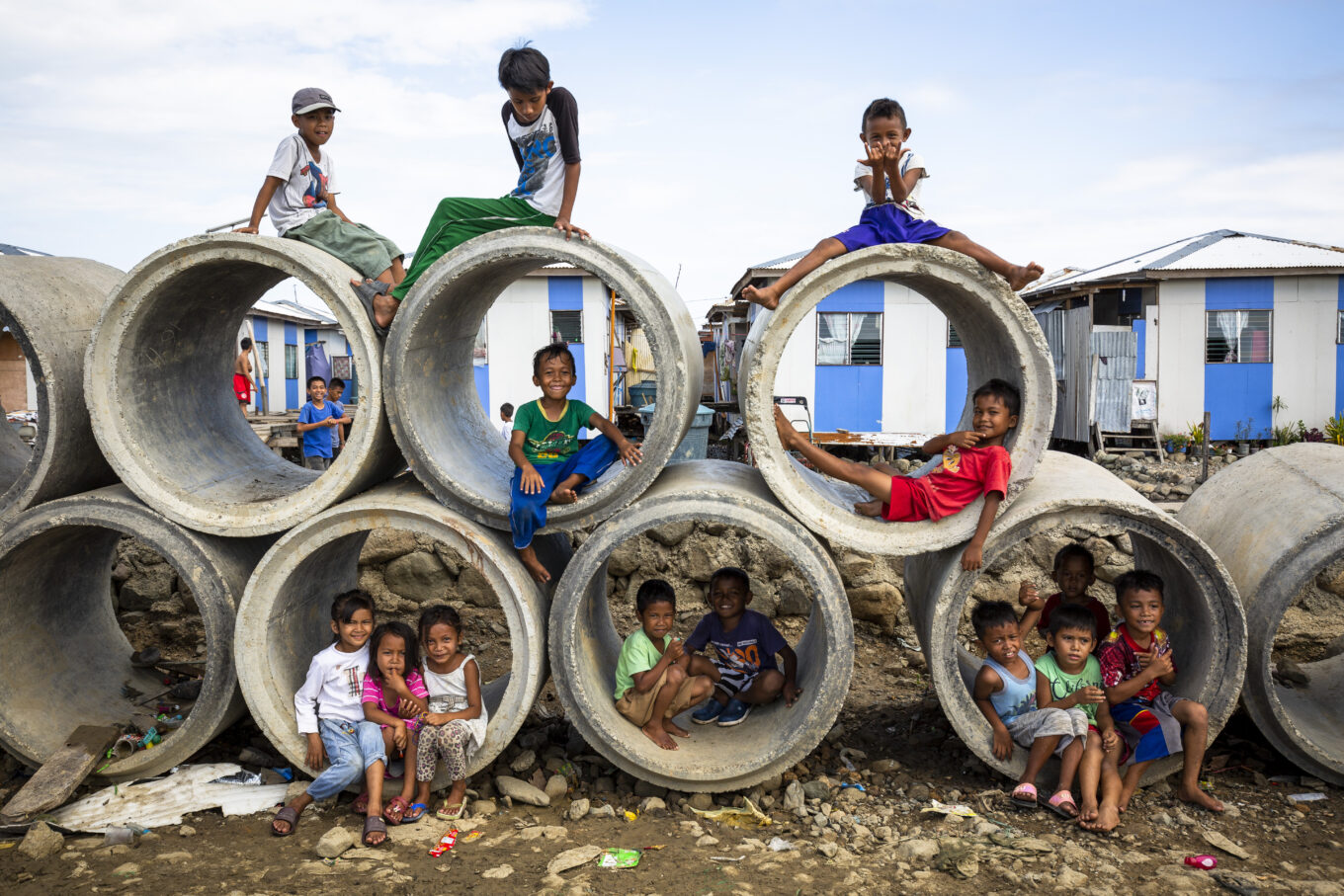
The UNHCR Evaluation Service is currently analyzing how UNHCR engages in humanitarian development cooperation. Cooperation with development organizations has been part of UNHCR’s approach to building long-term support and finding durable solutions for people forced to flee. Over the past few years, UNHCR has deepened its cooperation with global entities like the World Bank, regional entities like the African Development Bank, UN development agencies and development donors.
Following are some of the emerging findings from the evaluation:
1) Further expand engagement with development actors
UNHCR is already engaging systematically with development actors in many areas, but there are opportunities to engage further, such as with the UN Country Team and the reformed Resident Coordinator function. We could also engage with peacebuilding and conflict prevention actors to strengthen the protection components in their initiatives.
2) Close the gaps in operational practice
There is broad buy-in across the organization to pursue more comprehensive responses to humanitarian development cooperation. UNHCR has made institutional investments in this area by, for example, introducing Senior Development Officer positions. However, UNHCR could further strengthen this agenda more broadly across the organization and consider having a more consistent stance on how to approach financial relations with development actors.
3) Strengthen engagement with partners on protection issues
UNHCR already engages extensively on protection-related issues with development actors. We provide advice, training, data, and conduct joint advocacy campaigns. We could go further and broaden UNHCR’s engagement in this field by strengthening both UNHCR’s ongoing advisory functions to the World Bank’s funding instruments on forced displacement (IDA 18 and 19) and UNHCR’s capacity to conduct protection analysis.
4) Look at planning and budgeting processes
UNHCR’s budgetary and planning systems are sound but the organization faces challenges when undertaking multi-year planning or when receiving funds from development donors. Potentially, there are different options that could be considered in line with the current Results-Based Management Renewal Project. These could include further decentralising spending authority for development resources; ensuring adequate funding within the Operating Level for core facilitation activities on development cooperation and; enabling multi-year partnership agreements.
Read the latest Discussion Papers and Think Piece.
